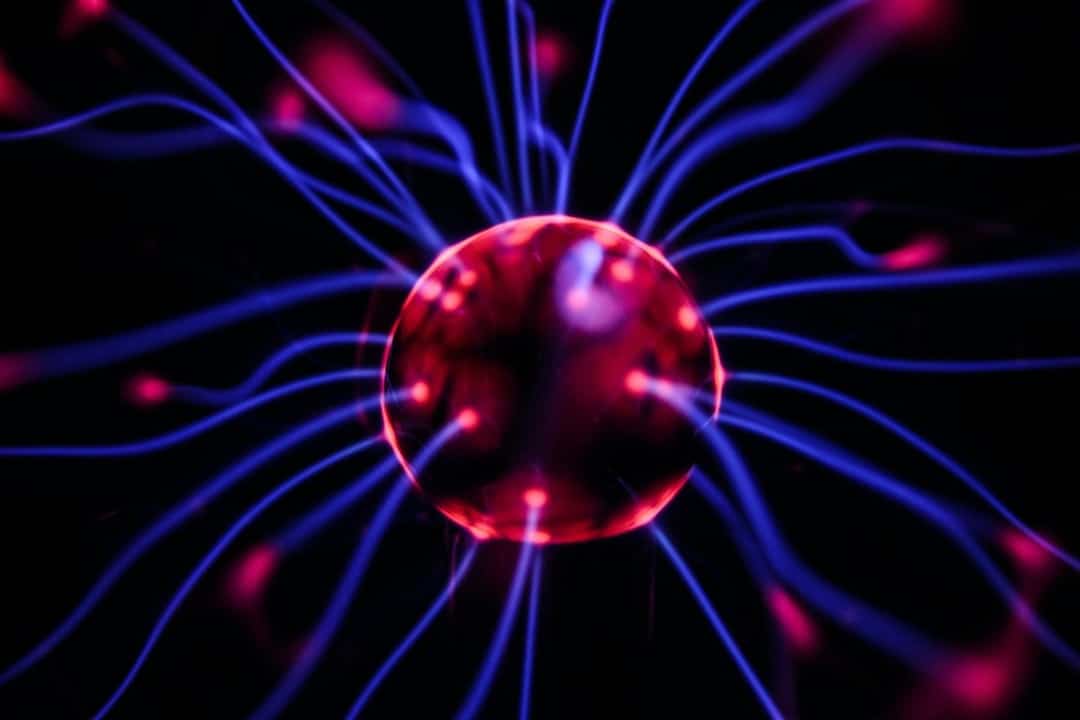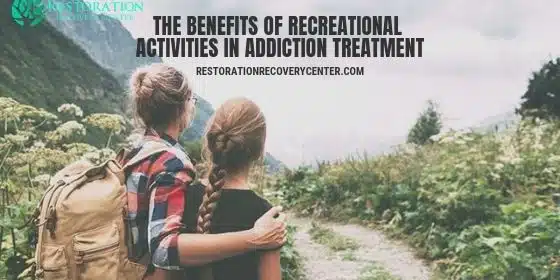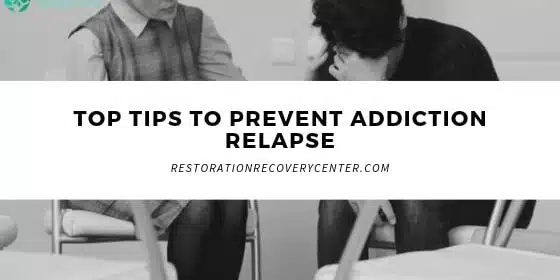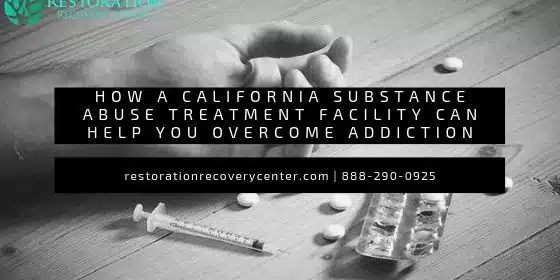Does Addiction Change the Brain?
Addiction changes the brain in several ways, some of which are long-lasting. These changes can impact the way you think, feel, and behave. Long-term addiction can also cause damage to the brain, heart, and other organs.
Your Brain on Drugs
Numerous studies have shown that addiction changes the brain. Specifically, addiction alters the brain’s neural circuits. This changing of the neural circuits is possible because of the brain’s neuroplasticity. The brain’s plasticity is impressive and necessary for making positive changes; unfortunately, it can also adapt to form unhealthy habits, associations, and addictions.
Researchers who study how addiction changes the brain have found clear markers of addiction within brain chemistry and structure.
Using technology like magnetic resonance imaging (MRI) and positron emission tomography (PET) scans, researchers have observed changes in the brains of people who are addicted to drugs or alcohol. These changes typically involve the limbic system (responsible for motivation and reward) and the prefrontal cortex (responsible for decision-making and executive function).
Addiction alters how these brain regions communicate, resulting in impaired judgment and increased impulsivity. In addition, addiction also alters brain chemistry by increasing dopamine levels, which contributes to the pleasurable effects of substances.
In other words, addiction hijacks the brain’s normal functioning and causes someone to seek out drugs even when they are harmful. This is why addiction is such a complex disease to overcome; the brain has been changed to make it difficult to stop using drugs.
The Addicted Brain and Withdrawal
Addiction changes the brain, keeping the individual in a cycle of highs and lows. Individuals struggling with addiction may feel like they’re on an emotional roller-coaster, feeling desperation and depression without their substance of abuse.
Over time, the high volume of chemicals floods the brain; the brain correspondingly reduces the production of its own chemicals. This leads to an imbalance in the user’s brain chemistry and function. Consequently, when users try to quit, they experience withdrawal symptoms as their brain chemistry tries to readjust.
At the point of withdrawal, someone who stops using experiences intense cravings, depression, anxiety, and sweating. In addition, individuals may experience panic, psychotic symptoms, tremors, and flu-like symptoms that make it difficult to function in day-to-day life.
Long-Term Effects
Addiction is characterized by a compulsion to keep using a drug or drugs in light of the adverse consequences that arise as a result of doing so. Once thought to be a problem of morality and lousy decision-making, addiction has now become recognized widely as a chronic and relapsing disorder that involves changes to the brain that can be long-lasting.
Addiction changes the brain in several ways, including altering how it processes rewards, pleasure, and motivation. Addiction also increases the activity of dopamine, a neurotransmitter that is involved in reinforcing certain behaviors.
Over time, addiction can lead to brain structure and function changes that persist long after someone has stopped using drugs. These changes can be both physical and psychological and can profoundly impact an individual’s ability to function in society.
The Importance of Detox
The brain is an amazing organ that can heal itself from many different types of injuries and illnesses. However, the brain’s recovery from addiction is a process that takes time, discipline, support, and patience.
One of the most critical steps in the brain’s recovery from addiction is detoxification. During detox, the body must clean any residual substance for the brain to begin healing. Detox can be a difficult and uncomfortable process, but it is essential for recovery from addiction.
Additionally, medications may be used to help people detoxify from drugs, although detoxification is not the same as treatment and is not sufficient to help a person recover. Detoxification alone without subsequent treatment generally leads to the resumption of drug use.
After detox, the brain can begin to heal itself and create new neural pathways.
Recovery and Neuroplasticity
Addiction recovery is a process that requires time and effort. For example, the brain will start to recover the volume of lost grey matter within one week of the last drink with alcohol, but other brain areas and the white matter in the pre-frontal cortex take several months or longer to recover.
Rebuilding the neural pathways to reinforce healthier choices and habits depends on each individual’s circumstances. However, neuroplasticity—the brain’s ability to change and adapt—can help the brain learn how to function without addictive substances. This process often begins with detox, during which the body is cleansed of all traces of drugs or alcohol.
Once detox is complete, addiction recovery programs can begin. These programs often include behavioral therapy, group counseling, substance abuse education, peer support groups, and aftercare support. During this time, the brain re-learns how to function without drugs or alcohol.
While this process can be daunting, it is important to remember that healing is possible. The brain can learn how to live a healthy, substance-free life with time and effort.
Addiction causes changes in brain structure and function, and it’s no secret that substance abuse and mental health disorders often go hand-in-hand. However, what may be less well-known is that the brain healing from addiction can actually worsen the course of mental disorders. Therefore, an integrated treatment that addresses both the substance use disorder and the mental health disorder may be needed for a person to achieve recovery. At Restoration Recovery Center, we understand neuroplasticity and know that the brain can heal. We use trauma-focused interventions based on neuroscience to create an individualized treatment and recovery plan. Our whole-person approach to treatment encourages recovery and lifestyle activities that improve brain plasticity and physical wellness. Our treatment programs can help restore your brain and body to optimal health. Let us help you get your life back. To learn more, contact Restoration Recovery Center today at (888) 290-0925.






